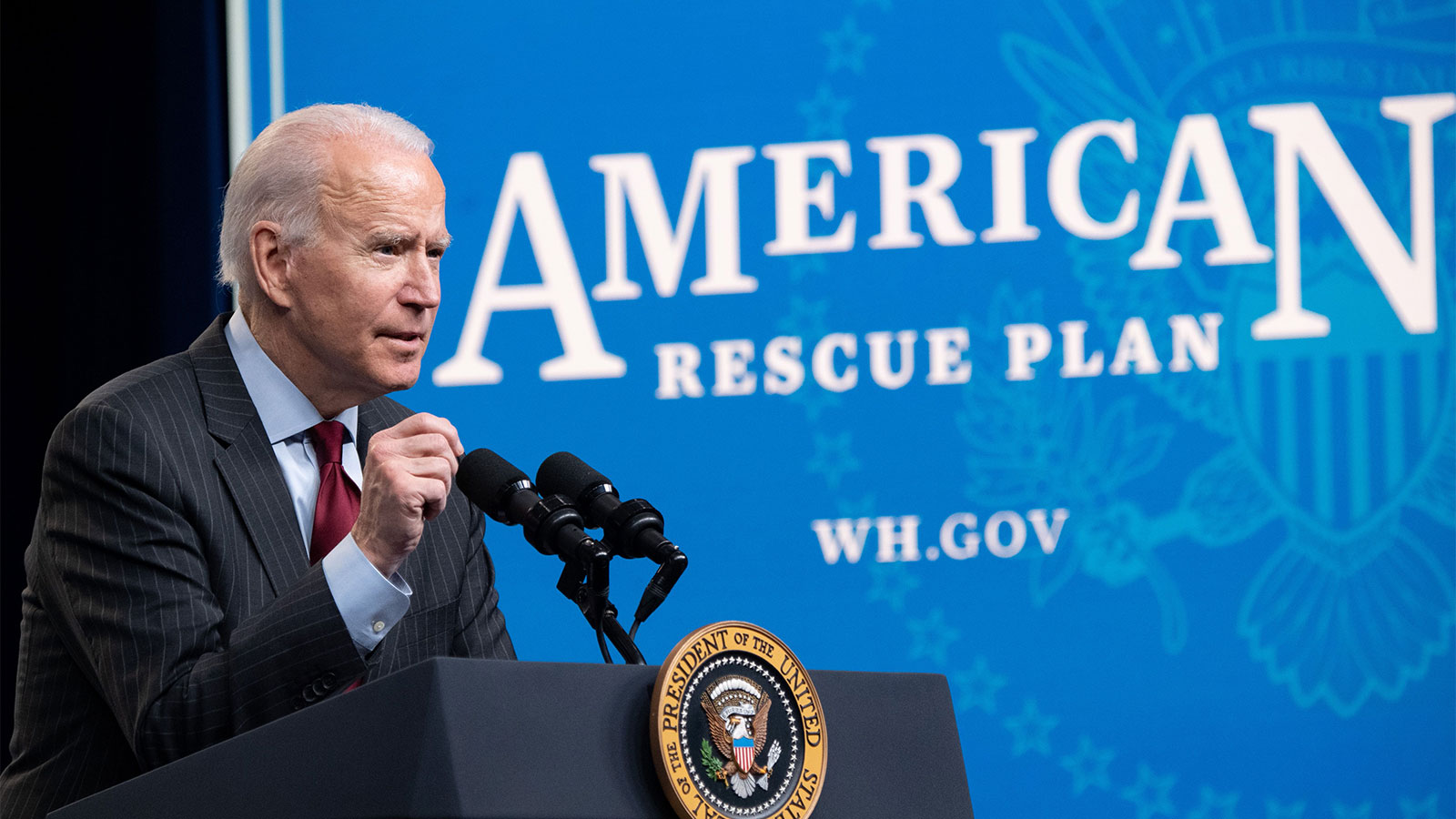In the months leading up to the 2020 election, President Joe Biden’s campaign pledged to make environmental justice a cornerstone of his administration. On Friday, Environmental Protection Agency administrator Michael Regan announced that Biden’s team is beginning to put its money where its mouth is.
The Environmental Protection Agency, or EPA, detailed its plans to distribute funds from a new $50 million source authorized by Congress in March. The funding is meant to help low-income communities and people of color who are facing the greatest risks from pollution and climate change — with an eye toward preventing adverse public health effects, like the greater susceptibility to COVID-19 suffered by many communities of color. The initiative is expected to help communities curb air and water pollution, while also bankrolling educational programs that promise to mitigate the disparate public health outcomes faced by marginalized communities.
“We know how important it is to put funding to work in environmentally overburdened, economically underserved areas,” Regan said in an EPA press release following the announcement. “EPA is drawing on its many years of experience working with communities and organizations that strive for environmental justice to ensure these funds will deliver real-world results for those who need it most.”
The announcement comes after a year in which the U.S. witnessed how systemic health inequities were exacerbated and exposed by the COVID-19 pandemic. Research has shown that people living in places across the country with polluted air are more likely to die from COVID-19 than those living with less pollution, given the link between air pollution and underlying COVID-19 intensifiers like asthma, certain cancers, and heart disease.
This marks the Biden administration’s first big spending effort directed squarely at nationwide environmental justice and underscores commitments that the administration outlined in its so-called Justice40 Initiative, a plan to ensure that 40 percent of the “overall benefits” of federal investments reach disadvantaged communities to combat environmental racism. On Friday, Regan called the move the administration’s “most aggressive approach to tackling environmental injustice and equity issues.”
The spending was made available by Congress through its American Rescue Plan, or ARP, which was signed into law in March in response to the ongoing COVID-19 pandemic. In total, Congress allocated $100 million to the EPA to go towards environmental justice initiatives. Details on the next $50 million are expected to be shared later this summer.
“Congress included this ARP funding to EPA to assist underserved communities who are most vulnerable to the impacts of COVID,” EPA senior communications advisor Dominique Joseph told Grist in an email. “These communities are environmentally overburdened from air pollution, lack of sanitation and access to safe drinking water, revitalization efforts, and more.”
So far, $2.8 million of that total has been distributed for 14 projects across the country, including $200,000 for a mentorship program in Baltimore, Maryland, meant to offer on-the-job training for young adults interested in working to prevent and reduce water pollution. Other projects include funding for a housing program targeting indoor air quality in Fort Collins, Colorado, initiatives to address air quality problems in the Tohono O’odham Tribal Nation in Arizona, and the creation of a community health worker program focused on combating asthma among residents of the Housing Authority of the city of Los Angeles.
The other $47.2 million has not yet been distributed, but a breakdown of how it will be spent was announced on Friday: $7 million will be used for the Diesel Emissions Reduction Act rebate program to reduce diesel pollution through funding electric school buses; $5 million will be used to clean up toxic brownfield sites; and $5.1 million has been earmarked for expanding civil and criminal enforcement of air and water polluters. Nearly $5 million will be used for drinking water monitoring in rural and tribal areas, including helping to support and revitalize small public water systems and wastewater treatment facilities. Another $1.6 million will support tribes working on water and air quality issues.



